Home>Gardening & Outdoor>Outdoor Recreation & Activities>What Size Heater Do I Need For My Swimming Pool
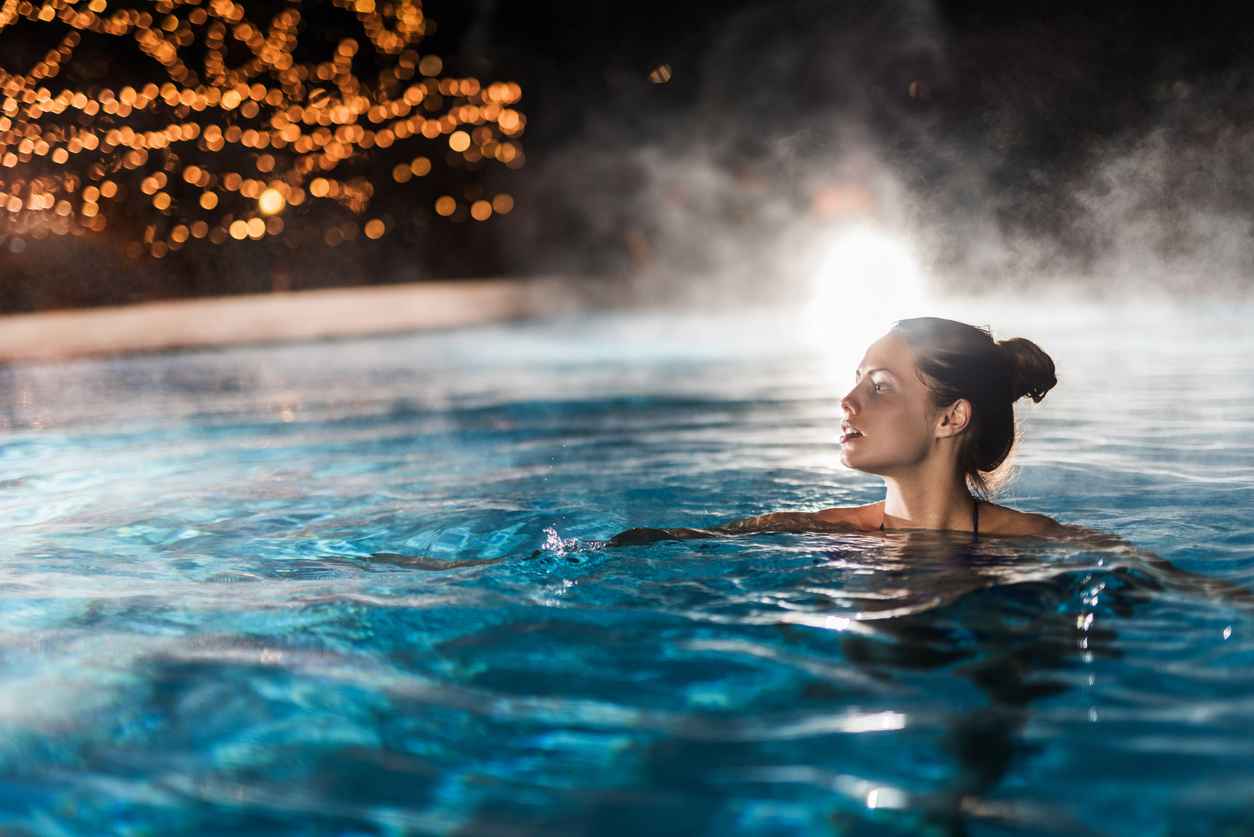

Outdoor Recreation & Activities
What Size Heater Do I Need For My Swimming Pool
Published: February 17, 2024
Find the perfect heater size for your swimming pool with our outdoor recreation and activities guide. Keep your pool at the ideal temperature all year round!
(Many of the links in this article redirect to a specific reviewed product. Your purchase of these products through affiliate links helps to generate commission for Storables.com, at no extra cost. Learn more)
Introduction
When it comes to enjoying a refreshing swim in your pool, maintaining the ideal water temperature is crucial. Whether it's for leisurely dips on a warm summer evening or extending the swimming season into the cooler months, having the right pool heater is essential. However, determining the appropriate size of the heater for your swimming pool can be a daunting task. Factors such as pool size, desired temperature, and environmental conditions all play a significant role in this decision.
In this comprehensive guide, we will delve into the key considerations for selecting the right heater size for your swimming pool. By understanding these factors and learning how to calculate the ideal heater size, you can ensure that your pool remains comfortably warm, allowing you to make the most of your aquatic oasis throughout the year.
Let's explore the various aspects that come into play when determining the size of the heater needed for your swimming pool. By the end of this guide, you will have a clear understanding of the factors influencing your decision and the different types of pool heaters available, empowering you to make an informed choice for your specific needs.
Key Takeaways:
- Choose the right pool heater size by considering pool size, desired temperature, and environmental conditions. Calculate BTUs for optimal heating efficiency and explore gas, electric, heat pump, solar, and hybrid heater options.
- Understanding pool size, desired temperature, and heat-up time helps calculate the BTUs needed for optimal heating. Explore gas, electric, heat pump, solar, and hybrid pool heaters for efficient and comfortable swimming all year round.
Read more: What Size Patio Heater Do I Need
Factors to Consider
When determining the appropriate size of a heater for your swimming pool, several crucial factors come into play. Understanding and evaluating these factors is essential to ensure that your pool heater effectively meets your specific needs. Here are the key considerations to keep in mind:
Pool Size
The size of your pool is a fundamental factor in determining the heater size needed to maintain the desired water temperature. Larger pools require more powerful heaters to heat the water effectively, while smaller pools may suffice with a smaller heater. The surface area and depth of the pool also influence the overall volume of water that needs to be heated, directly impacting the heater size required.
Desired Temperature
The temperature at which you prefer to maintain your pool water is a significant factor in selecting the right heater size. If you aim to keep your pool at a higher temperature, especially during cooler months, a larger heater will be necessary to achieve and sustain the desired warmth. Conversely, if you only require a slight temperature increase during warmer periods, a smaller heater may suffice.
Environmental Conditions
The climate and environmental conditions in your area play a crucial role in determining the appropriate heater size for your pool. Regions with colder climates or frequent temperature fluctuations may necessitate larger heaters to counteract heat loss and maintain consistent water temperatures. Additionally, factors such as wind exposure and humidity levels can impact the heat retention of the pool water, influencing the heater size needed.
Read more: What Size Is An Olympic Swimming Pool
Insulation and Heat Loss
The level of insulation around your pool and the potential for heat loss are important considerations when selecting a heater size. Well-insulated pools with minimal heat loss may require a smaller heater to maintain the desired temperature, while pools with higher heat dissipation may necessitate a larger heater to compensate for the loss and sustain warmth effectively.
Usage Patterns
Understanding the typical usage patterns of your pool is crucial in determining the appropriate heater size. If your pool is frequently used and requires consistent heating, a larger heater may be necessary to accommodate the regular demand for warm water. Conversely, if your pool sees sporadic use, a smaller heater may suffice to heat the water as needed.
By carefully considering these factors, you can make an informed decision regarding the size of the heater needed for your swimming pool. Each of these elements plays a vital role in ensuring that your pool heater effectively meets your heating requirements, allowing you to enjoy comfortable and inviting water temperatures throughout the year.
Calculating the Heater Size
Calculating the appropriate heater size for your swimming pool involves a precise assessment of several key factors to ensure optimal heating efficiency. By taking these factors into account, you can determine the heater size that will effectively meet your specific pool heating needs.
To begin the calculation, the first step is to ascertain the volume of water in your pool. This can be achieved by multiplying the average depth, length, and width of the pool. For instance, a pool with an average depth of 5 feet, a length of 30 feet, and a width of 15 feet would have a volume of 2,250 cubic feet (5 x 30 x 15). To convert this volume into gallons, the cubic feet figure can be multiplied by 7.48, the number of gallons in a cubic foot. In this example, the pool would hold approximately 16,830 gallons (2,250 x 7.48) of water.
Once the pool's water volume is determined, the next step is to consider the desired temperature rise. This involves calculating the temperature difference between the current water temperature and the preferred heated temperature. For instance, if the current water temperature is 70°F and the desired temperature is 80°F, the temperature rise would be 10°F.
The next crucial factor to consider is the heat-up time, which refers to the duration within which you wish to achieve the desired temperature rise. This timeframe is essential in determining the heating capacity required to reach and maintain the desired temperature within the specified duration.
By combining the pool's water volume, desired temperature rise, and heat-up time, you can calculate the BTUs (British Thermal Units) needed to heat the pool effectively. The formula for this calculation is as follows:
BTUs = (Pool Volume in Gallons) x (Temperature Rise) x 8.33
In this formula, 8.33 represents the weight of one gallon of water in pounds. By applying this formula to the example pool with a volume of 16,830 gallons and a temperature rise of 10°F, the required BTUs would be approximately 1,404,000 (16,830 x 10 x 8.33).
It's important to note that this calculation provides a baseline for the heater size needed to achieve the desired temperature rise within the specified heat-up time. However, additional factors such as environmental conditions, insulation, and usage patterns should also be considered to ensure that the selected heater size aligns with the specific requirements of your pool.
By meticulously calculating the heater size based on these essential factors, you can make an informed decision that ensures efficient and effective heating for your swimming pool, allowing you to enjoy comfortably warm water throughout the swimming season.
Types of Pool Heaters
When it comes to heating your swimming pool, various types of pool heaters are available, each offering distinct features and benefits. Understanding the characteristics of these different heater types is essential in making an informed decision that aligns with your specific heating requirements. Let's explore the various types of pool heaters:
Read more: What Size Belt Do I Need For My Lawnmower
1. Gas Pool Heaters
Gas pool heaters are a popular choice for efficiently heating swimming pools. These heaters utilize natural gas or propane to generate heat, making them particularly effective for quickly raising the water temperature. Gas heaters are known for their rapid heating capabilities, allowing pool owners to enjoy warm water on demand. Additionally, they are suitable for all pool sizes and can maintain consistent temperatures regardless of environmental conditions.
2. Electric Resistance Heaters
Electric resistance heaters function by passing an electric current through a resistor, which generates heat. While these heaters are known for their reliability and ease of installation, they are often considered less energy-efficient compared to other types. However, they are suitable for smaller pools or as supplementary heaters for maintaining consistent temperatures in conjunction with other heating methods.
3. Heat Pumps
Heat pumps are renowned for their energy efficiency and eco-friendly operation. These heaters extract heat from the surrounding air and transfer it to the pool water, making them an environmentally conscious choice. While heat pumps may have a slower heating process compared to gas heaters, they are highly efficient for maintaining consistent temperatures over extended periods, making them ideal for regular and prolonged pool usage.
4. Solar Heaters
Solar pool heaters harness the power of the sun to warm the pool water, offering a sustainable and cost-effective heating solution. By utilizing solar panels or collectors, these heaters absorb solar energy and transfer it to the pool water, providing a natural and environmentally friendly heating method. While solar heaters are dependent on sunlight availability, they are an excellent long-term investment for pool owners seeking eco-friendly heating options.
Read more: What To Do In The Swimming Pool
5. Hybrid Heaters
Hybrid pool heaters combine the features of different heating technologies to offer versatile and efficient heating solutions. By integrating elements of gas, electric, or solar heating, hybrid heaters provide flexibility and adaptability to varying environmental conditions and usage patterns. This hybrid approach allows pool owners to optimize heating efficiency while minimizing energy consumption, making them a comprehensive and adaptable heating option.
By understanding the distinct characteristics and benefits of these various pool heater types, you can make an informed decision based on your specific heating needs, environmental considerations, and sustainability preferences. Each type of pool heater offers unique advantages, allowing you to select the most suitable heating solution for your swimming pool, ensuring comfortable and inviting water temperatures throughout the year.
Conclusion
Selecting the right size of heater for your swimming pool is a crucial decision that directly impacts your comfort and enjoyment of the pool throughout the year. By carefully considering factors such as pool size, desired temperature, environmental conditions, insulation, heat loss, and usage patterns, you can make an informed choice that ensures efficient and effective heating.
Calculating the heater size involves a meticulous assessment of the pool's water volume, desired temperature rise, and heat-up time to determine the required BTUs for optimal heating. This calculation provides a baseline for selecting the appropriate heater size, which can be further refined by considering additional factors such as environmental conditions, insulation, and usage patterns.
Furthermore, understanding the characteristics of different types of pool heaters, including gas heaters, electric resistance heaters, heat pumps, solar heaters, and hybrid heaters, empowers you to choose a heating solution that aligns with your specific needs and sustainability preferences. Each type of heater offers unique features and benefits, allowing you to make a well-informed decision based on energy efficiency, heating speed, environmental impact, and long-term cost-effectiveness.
Ultimately, the right size of heater for your swimming pool ensures that you can enjoy comfortably warm water, extending the swimming season and creating an inviting environment for leisure and relaxation. Whether it's a quick dip on a cool evening or regular pool usage throughout the year, the appropriate heater size guarantees that your pool remains a welcoming oasis for family and friends.
By considering the comprehensive factors, calculating the ideal heater size, and understanding the diverse pool heater options, you can make a confident decision that enhances your overall pool experience. With the right heater size in place, you can look forward to countless enjoyable moments in your perfectly heated swimming pool, creating lasting memories and maximizing the pleasure of pool ownership.
Frequently Asked Questions about What Size Heater Do I Need For My Swimming Pool
Was this page helpful?
At Storables.com, we guarantee accurate and reliable information. Our content, validated by Expert Board Contributors, is crafted following stringent Editorial Policies. We're committed to providing you with well-researched, expert-backed insights for all your informational needs.
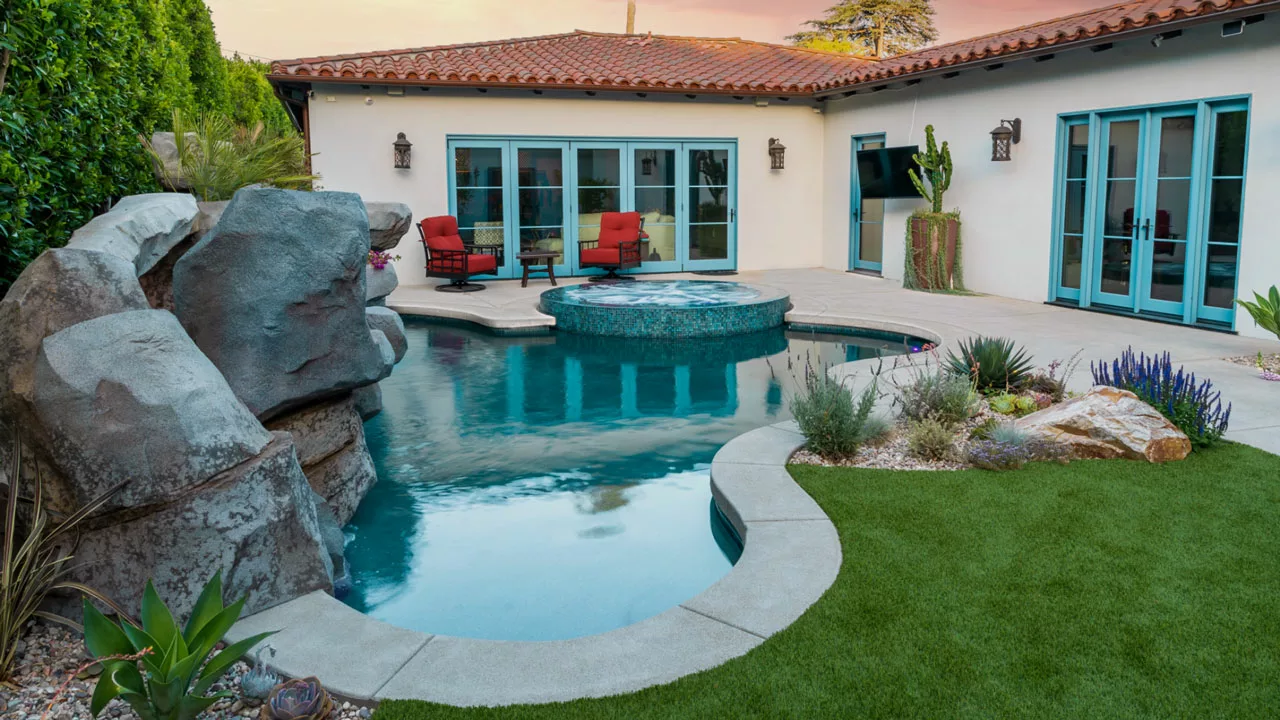
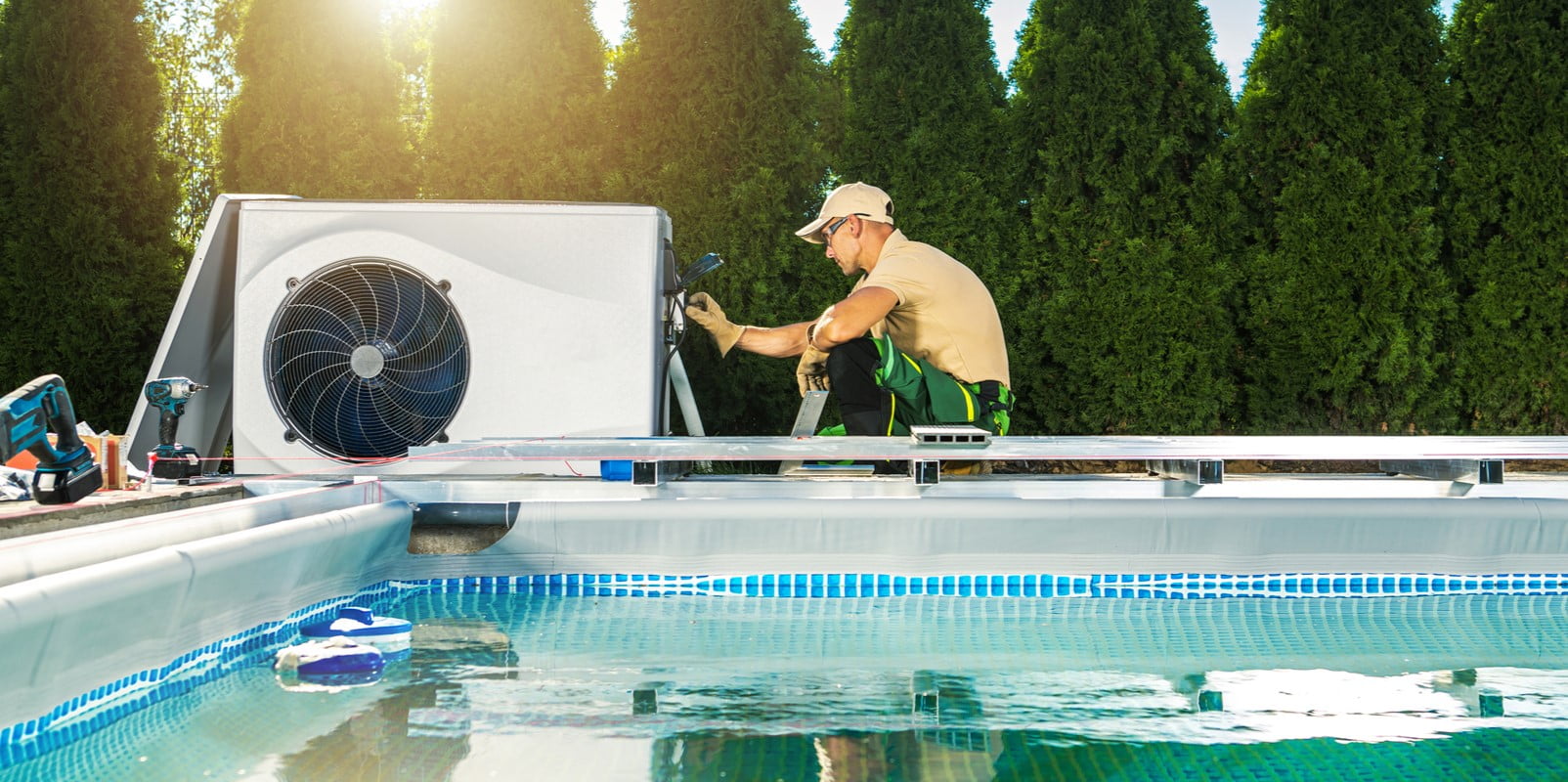

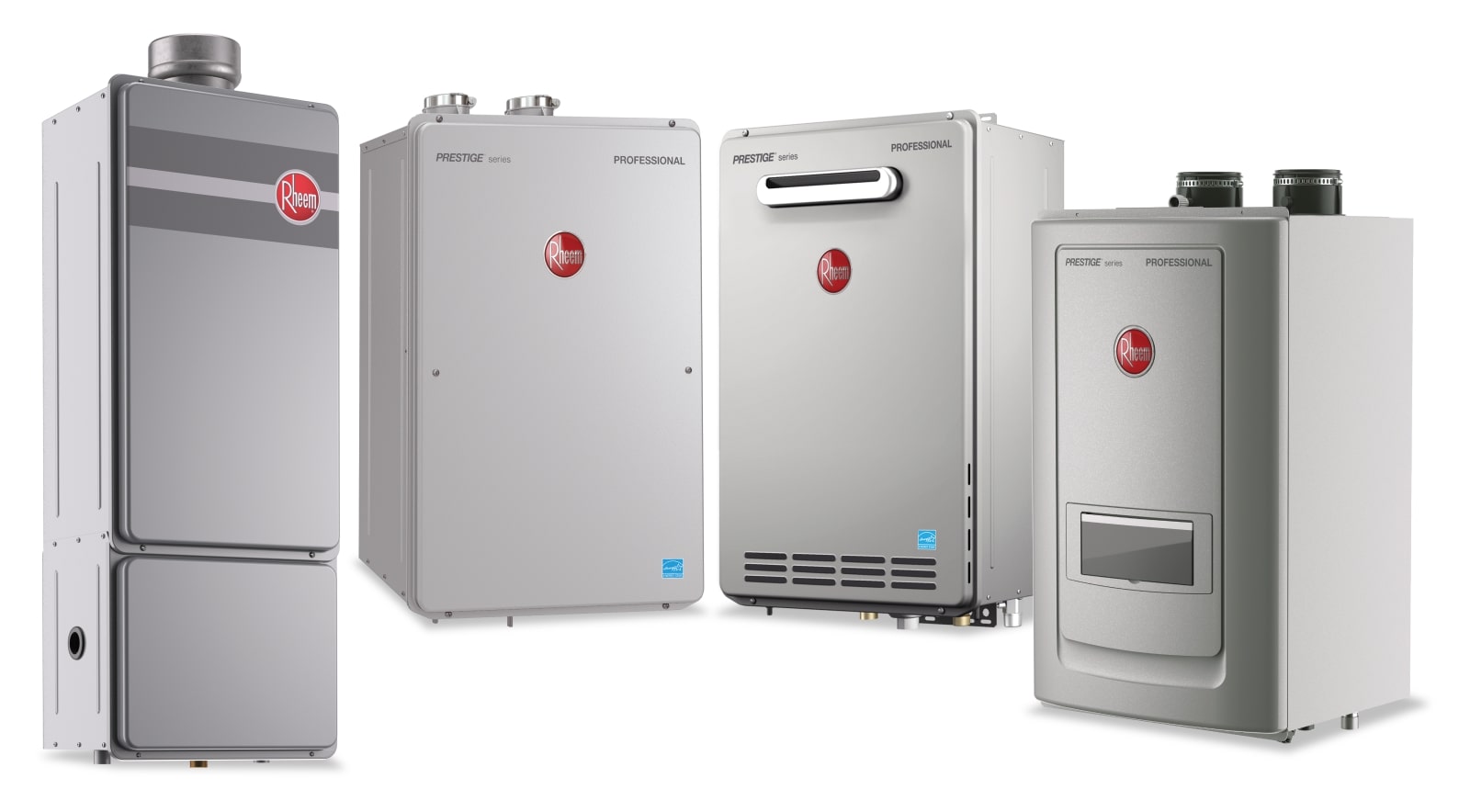
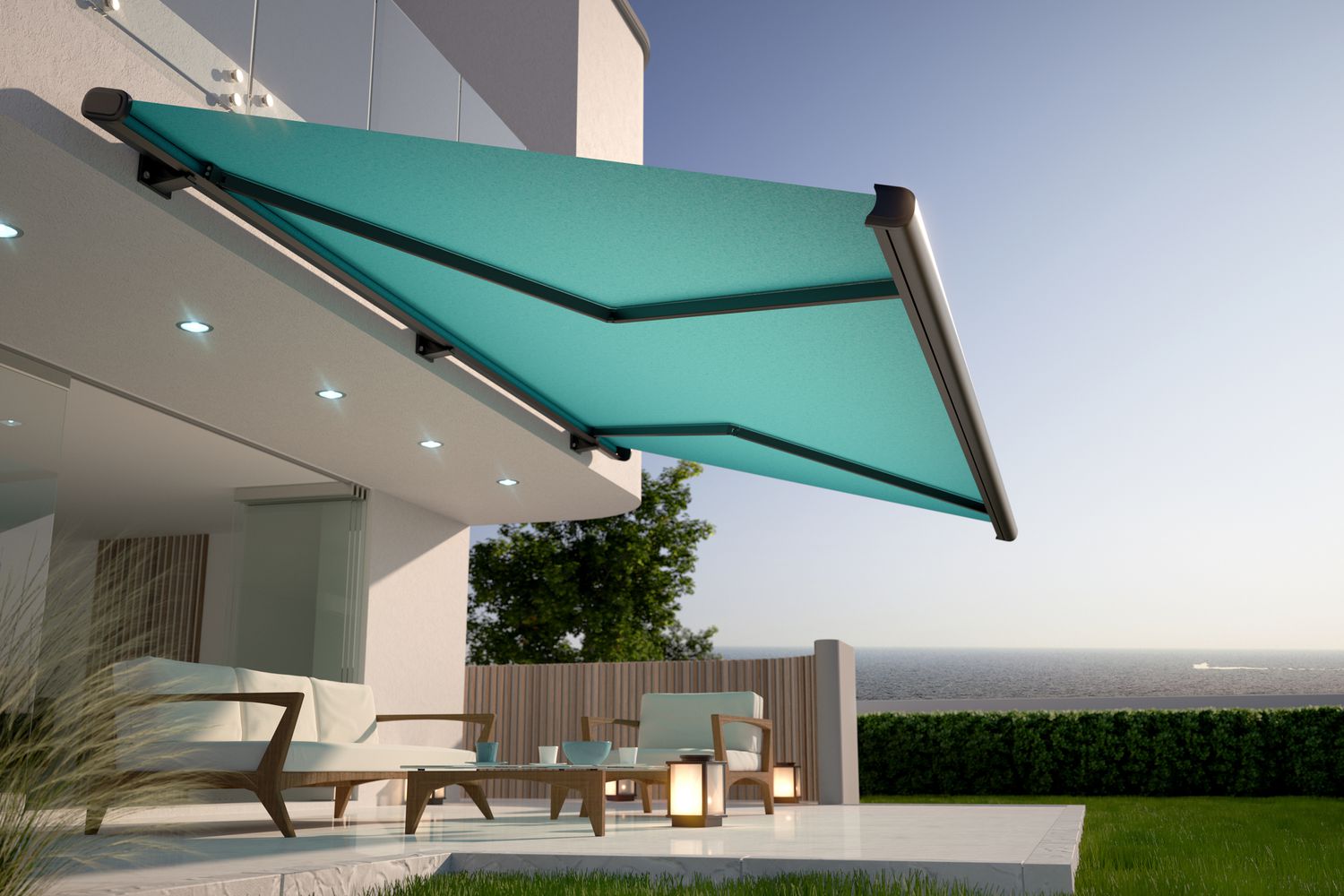
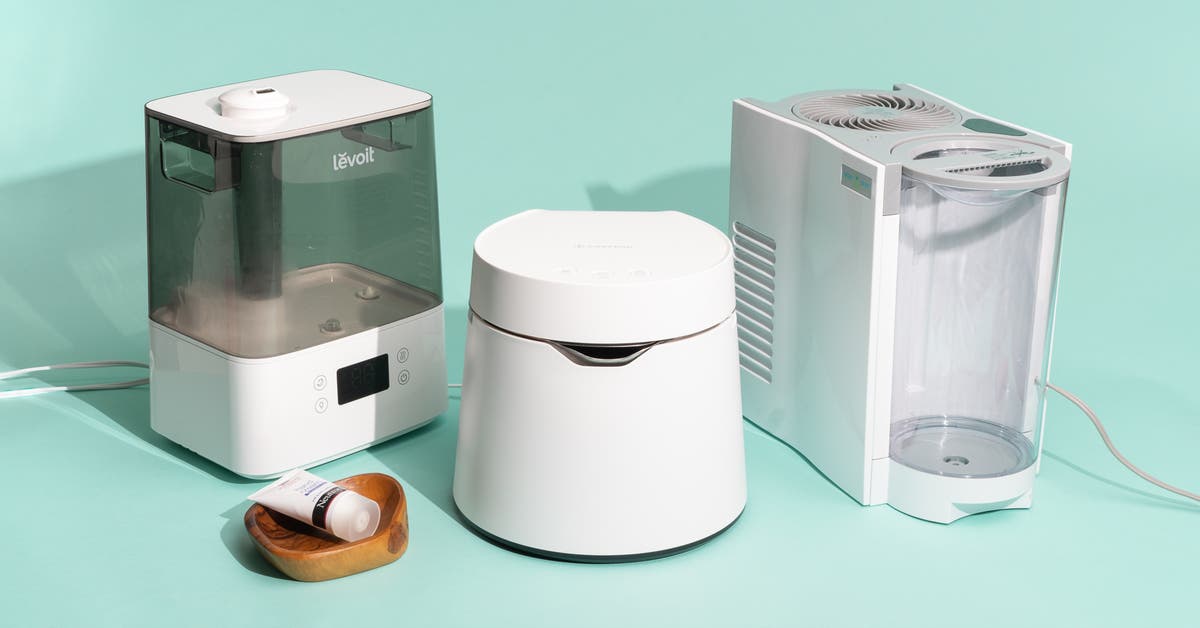
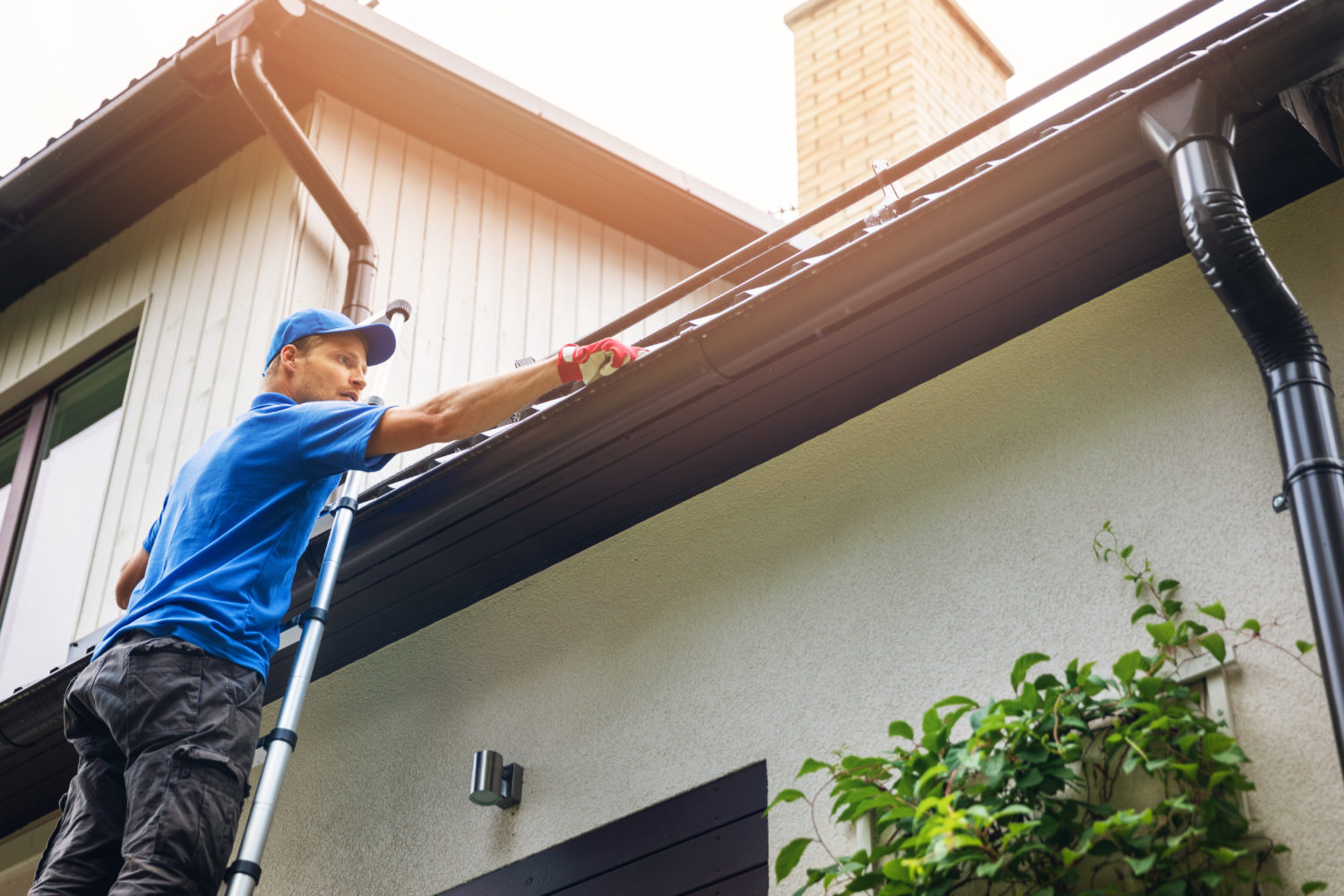

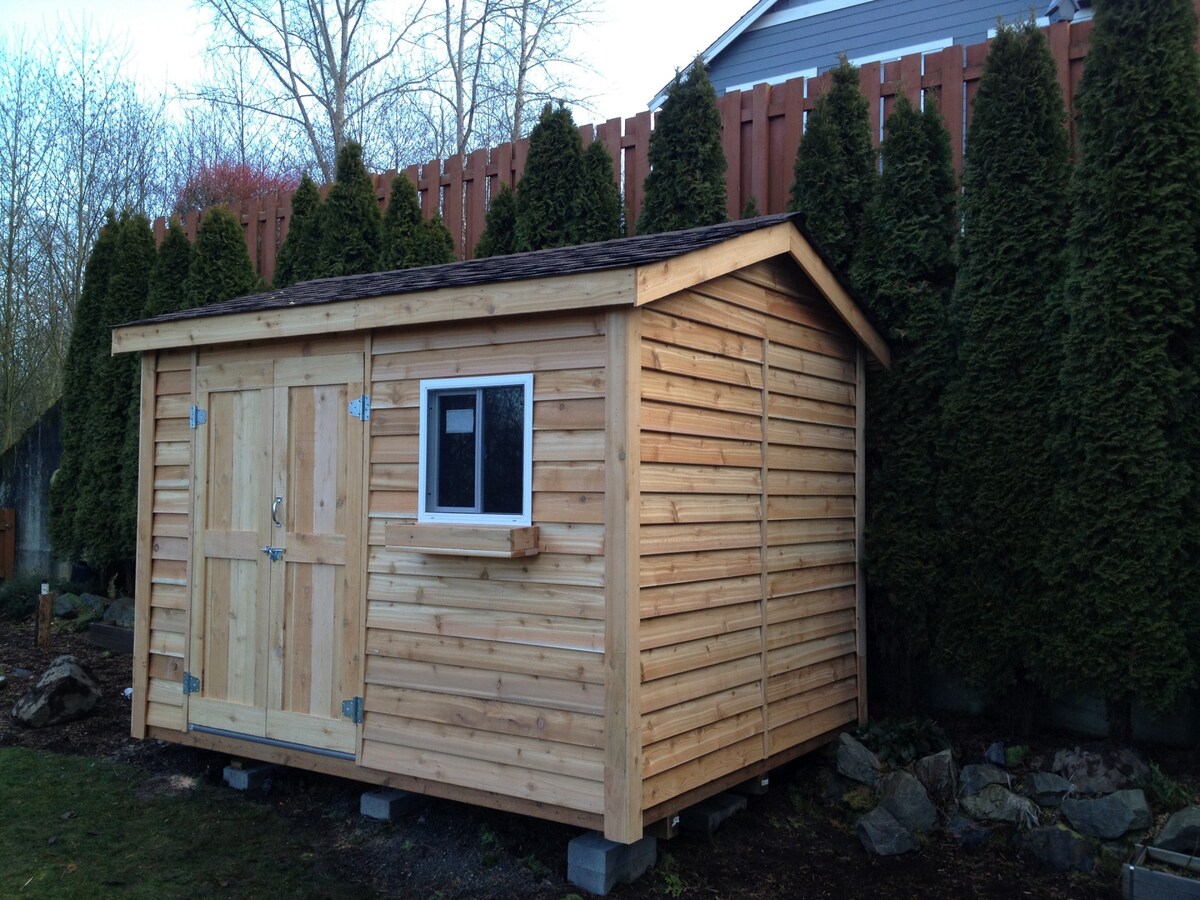
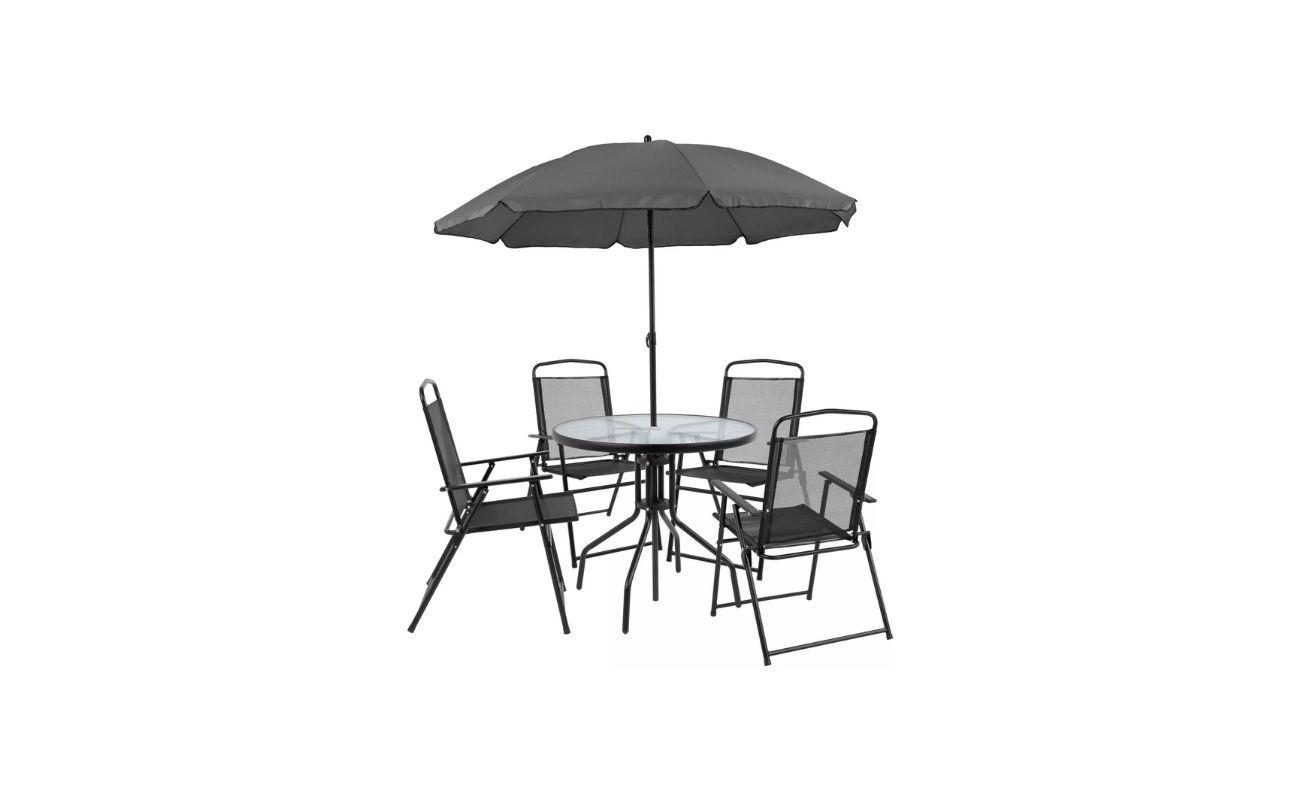
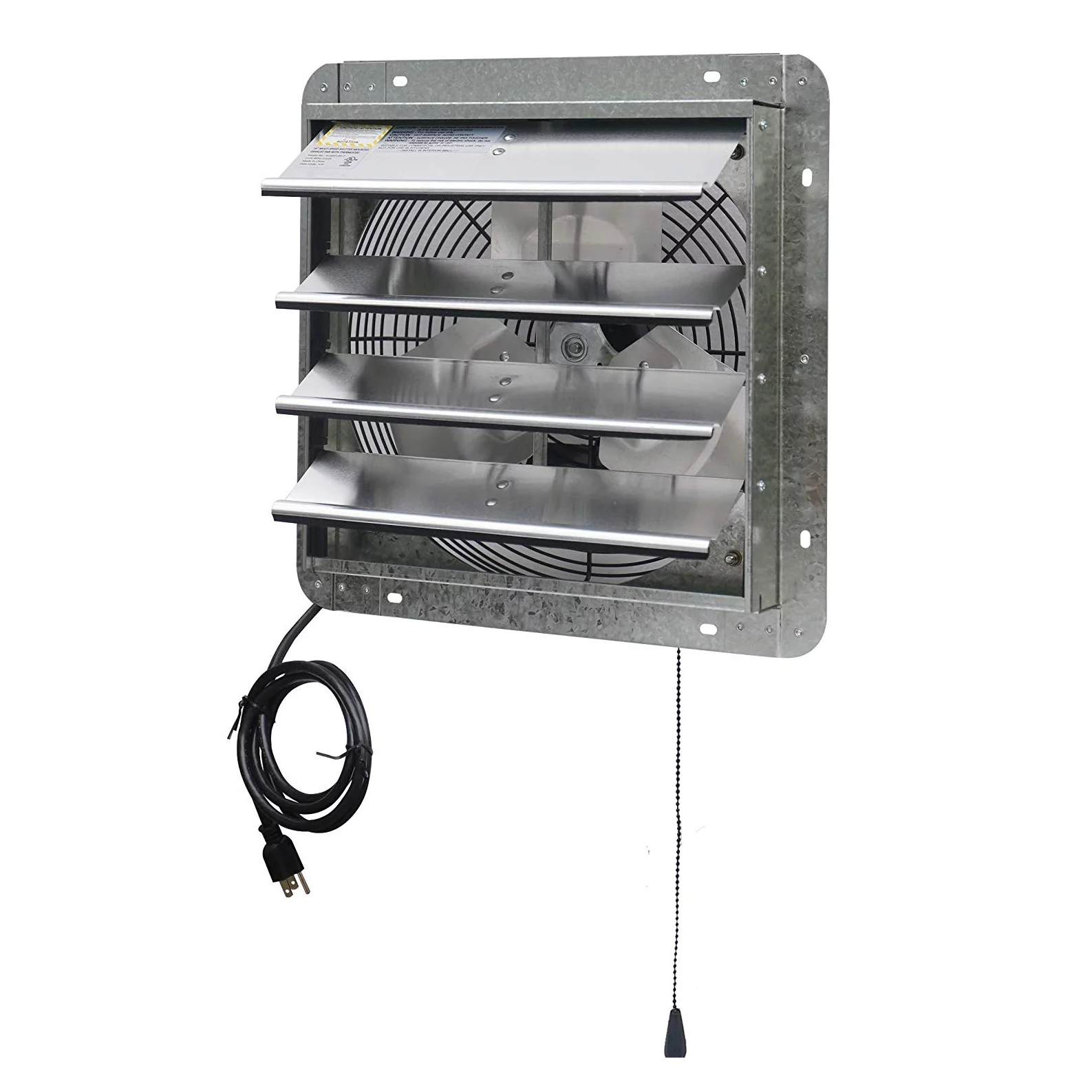
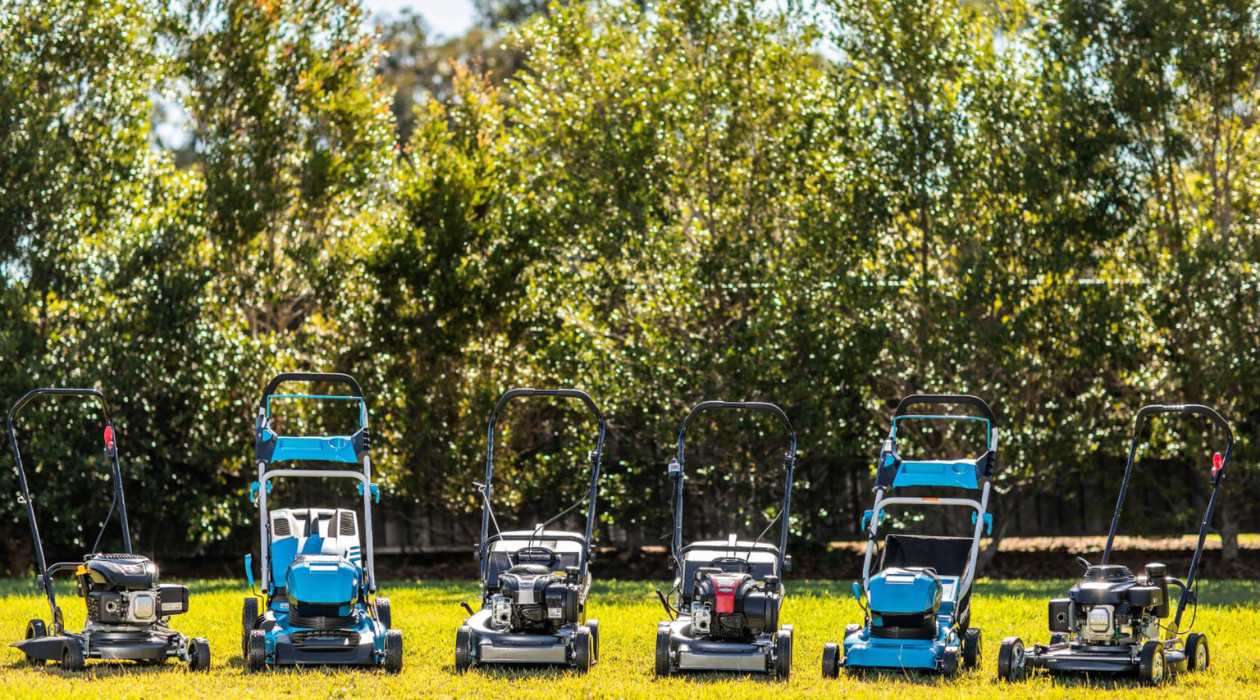

0 thoughts on “What Size Heater Do I Need For My Swimming Pool”